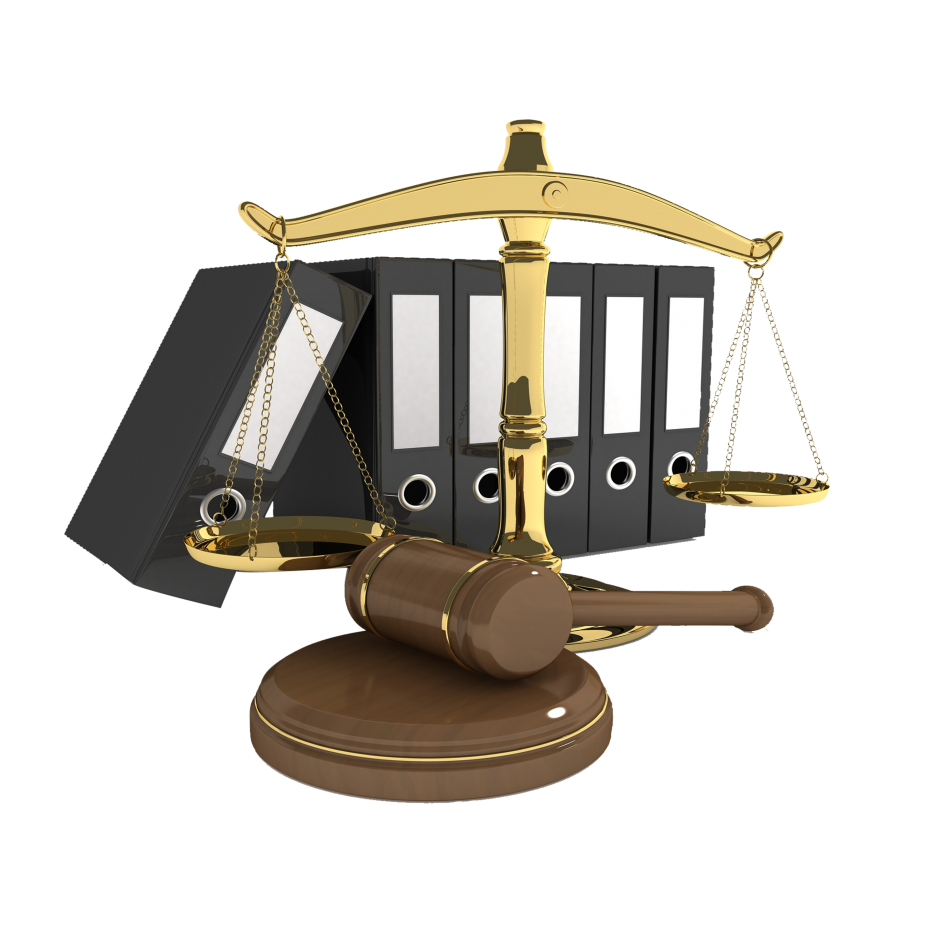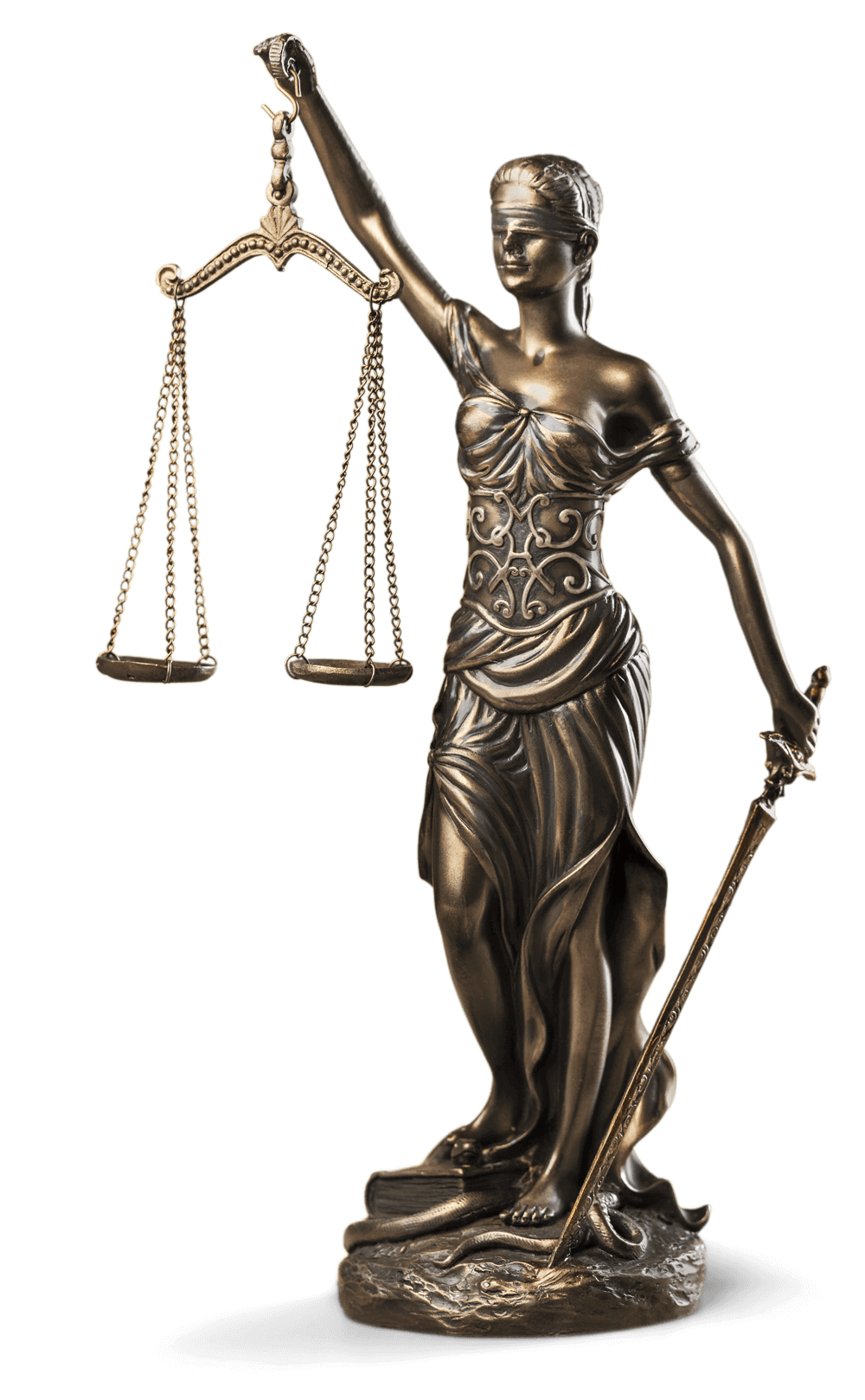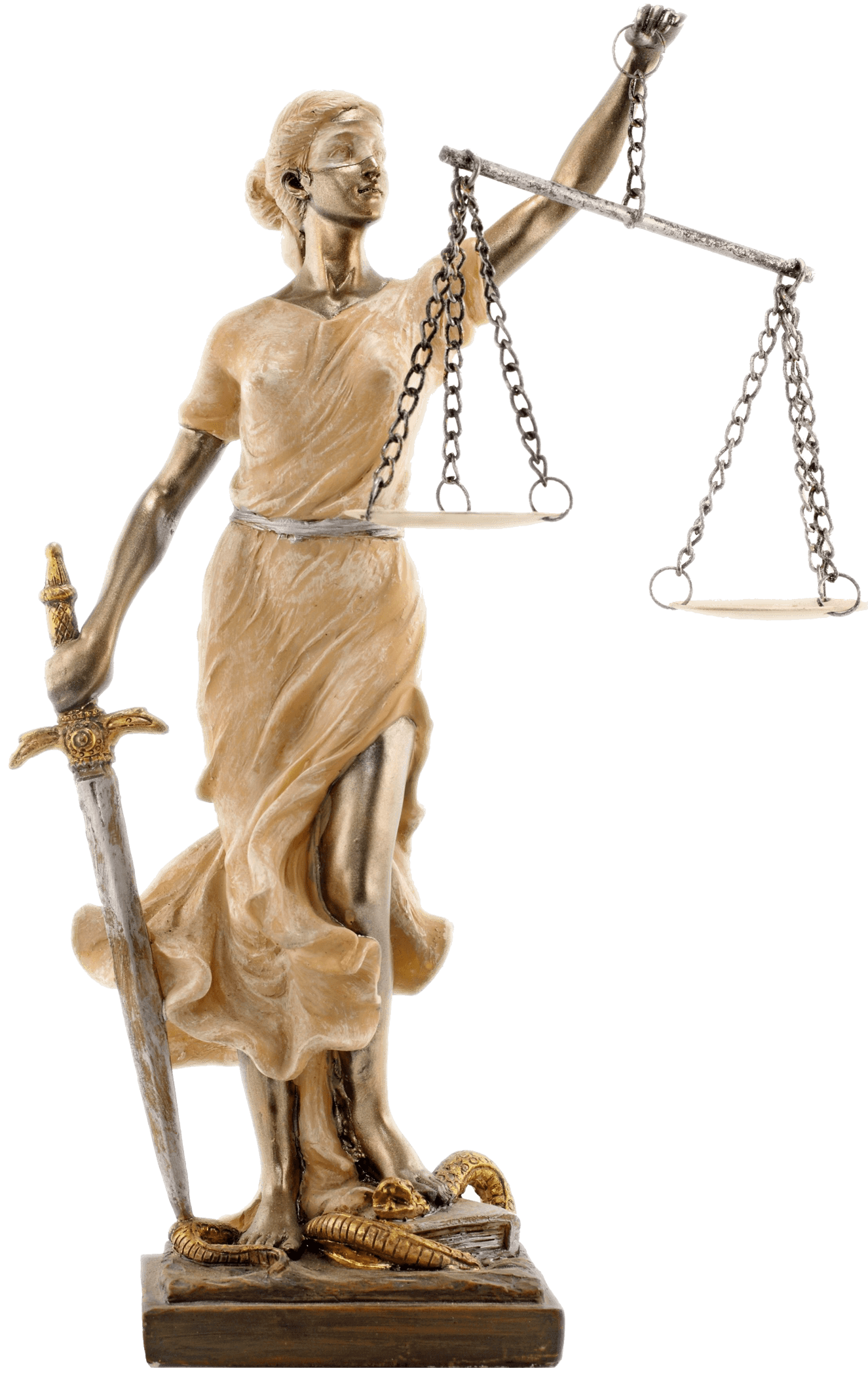Wills
CA Paralegal Services is dedicated to meeting your needs with a focus on estate planning and wills
Mediation
Mediations can be done when both parties agree to have a mediator facilitate. In the end, this saves a significant amount of time and money for both parties. Our mediators are neutral parties, who have special training to help both parties resolve differences. A mediator does not give advice or advocate for one party.

California Estate Will and POA Preparation: Complete Guide for Preparing Wills and Power of Attorney
Welcome to CA Paralegal Services’ comprehensive guide on preparing your estate for the future. In this detailed exploration, we’ll guide you through the nuances of drafting your will and establishing a Power of Attorney in California.
Whether you’re taking these important steps to ensure your legacy or to create peace of mind for your loved ones, our insights are here to serve as your beacon. Let’s embark together on this important journey, ensuring you’re well-informed and your estate is prepared with precision and care.

Here are ways in which a mediator can help:
1. Facilitating Communication:
Our mediators are neutral third parties who can help facilitate communication between divorcing spouses. We create a safe and structured environment for discussions, allowing both parties to express their concerns and needs.
2. Conflict Resolution:
Our mediators are trained in conflict resolution techniques. They can help identify and address underlying issues that contribute to the divorce conflict. By finding common ground and encouraging compromise, they aim to reach mutually acceptable solutions.
3. Explaining Legal Options:
Mediators can explore the legal options available to divorcing couples in California. We will provide information on community property laws, spousal support, child custody, and visitation rights, helping spouses make informed decisions.
4. Drafting Agreements:
Once agreements are reached, our professional mediator can help draft legally binding Marital Settlement Agreements. These documents outline the division of assets, debts, child custody arrangements, support matters and any other relevant terms.
5. Save Time and Money:
Mediation often proves to be more cost-effective and faster than going through the traditional court process, using attorneys. Professional mediation will reduce legal fees and the time spent in litigation.
6. Reducing Emotional Stress:
Divorce can be emotionally taxing. Our team of professional mediators create a more amicable atmosphere, reducing the emotional stress on both spouses and, if applicable, their children.
7. Compliance with California Law:
Mediators are typically well-versed in California family law, ensuring that any agreements reached are in compliance with state laws and regulations.
8. Supporting Post-Divorce Relations:
Mediation can also help set a positive tone for post-divorce relations, especially when there are ongoing issues such as co-parenting. Effective communication established during mediation can contribute to smoother post-divorce interactions.
California Estate Will Preparation: How to Ensure Your Wishes Are Honored
Preparing a will is a fundamental step in estate planning, one that ensures your property and wishes are respected in California probate proceedings. At CA Paralegal Services, we understand the weight and importance of this legal document. Whether it’s real property, cherished possessions, or directives for your trust, adequately outlining your preferences within your will is crucial. A will is not merely a formality; it’s a representation of your life’s work and values, detailing how you’d like them preserved and planned for the future.
California estate preparation is more than just managing property; it’s ensuring that every aspect of your estate plan aligns with your wishes. Our thorough guide to preparing your estate will lead you through the intricacies of California law, guaranteeing that your will is not just prepared, but prepared correctly. By diligently working with a legal team experienced in estate planning, you can navigate complex terms like ‘trust’ and ‘estate plan’ with clarity. Taking into account every detail of your property, from your personal assets to real property, requires a keen eye for detail and deep knowledge of California probate law.
Our dedicated professionals at CA Paralegal Services make the process of preparing your will seamless, respecting your property, trust, and wishes every step of the way. The preparation of your will can often feel daunting; however, with our guide, you will find solace in the meticulous planning tailored to your unique circumstances. When it’s time to prepare your will, don’t leave your property or trust to chance—partner with us to ensure your estate plan manifests your wishes unequivocally. Remember, effective estate planning is the cornerstone of leaving a lasting legacy, and with our assistance, you can ensure that your will is prepared with precision, embodying your wishes for generations to come.

Deciding Which Assets to Include in Your California Will
Meticulously deciding which assets to include in your California estate will is paramount to ensuring your wishes are honored after your passing. In California, real property and personal property are integral parts of your estate, and including a detailed account of these in your will can greatly simplify the California probate process for your loved ones. Assets such as your home, other real estate properties, bank accounts, investment accounts, and valuable personal property should be considered. It’s essential to remember that some accounts, particularly retirement accounts, may have designated beneficiaries and thus fall outside the scope of a will. If you own a business, including how you wish the business to be managed or succeeded is crucial in your estate plan.
Money, in its various forms including cash, savings, investment money, and any other liquid assets, requires specific instructions to ensure your wishes are handled as you intend. Your will can direct these assets to individuals, such as family members or friends, or to a trust, which may provide additional benefits in terms of managing your estate. Additionally, if you have children, you can designate guardians and provide for their financial future in your California estate will, in adherence to state code.
Moreover, information you provide about your assets should be as current and comprehensive as possible. This clarity helps to mitigate potential confusion and disputes during the California probate proceedings. By creating an estate plan, you ensure that your real property, money, trust funds, business interests, and other accounts are distributed according to your wishes. In California, estate planning often includes a power of attorney (POA), which authorizes a trusted person to make decisions on your behalf, further safeguarding your estate. With CA Paralegal Services, our expertise guides you through each detail ensuring that your estate plan is robust and reflective of your intentions.

Common Divorce Mediation Issues Our Paralegal Team Services
Divorce with Minor Children
Child Custody, Property Division, and Support (Child, Spousal, and Family) are key elements in divorce and separation, dealing with parental roles, asset distribution, and financial maintenance
Divorce without Children
Determining the division of jointly-owned assets, alimony, and spousal support is a critical aspect of crafting your divorce or separation agreement.
Divorce Agreement
We will work with both parties to amicably agree on a fair resolution and determine what type of divorce agreement is necessary.
Other Mediation Issues Our Paralegal Team Services
Property Division
Property division mediation is a purposeful approach to resolving disputes over the distribution of assets and liabilities during a divorce or separation. It employs a skilled mediator who guides individuals through the process of negotiating and reaching an equitable agreement.
Family/Spouse Support
Family or spouse mediation is a constructive process that involves a trained mediator assisting family members or couples in resolving conflicts, enhancing communication, and working towards mutually agreeable solutions.
Corporate Mediation
Corporate mediation facilitates conflict resolution in businesses through a neutral mediator, fostering better relationships and productivity.

Choosing the Best Person to Execute Your California Estate
When you’re in the midst of estate planning in California, one critical decision you’ll make is selecting the person who will act as the executor of your estate. This individual’s role is pivotal in ensuring that your estate plan is executed according to your wishes and that every aspect of your will is honored. As you ponder your options, consider that your chosen executor will be the one navigating through the complexities of California’s legal system, making strategic decisions that resonate with your expressed desires.
CA Paralegal Services understands that choosing an executor is more than just naming a person in a legal document; it’s about trusting someone with the essence of what you’ll one day leave behind. A dependable executor becomes the cornerstone of a meticulously-crafted estate plan. As you contemplate your estate, remember that an executor’s tasks are varied – they range from filing tax returns to managing estate assets. Your executor should be someone who is not only trustworthy and diligent but also has a sound understanding of California estate laws.
Understanding the Role of Witnesses in California Wills
Your will can detail specific assets and the executor must ensure that they are handled responsibly. Whether it’s a treasured heirloom or a significant real estate piece, your California estate deserves the care of a person who respects the gravity of their role. As part of the estate planning process, CA Paralegal Services can guide you in defining the scope and content of your will, so no detail is overlooked. In California, estate planning should reflect your unique life and legacy, and your will is the legal document that captures this.
In conclusion, your executor is not just a nominated individual but a representative of your final wishes. They’re instrumental in the realm of estate planning, carrying out the duties that transition your possessions to future generations. By carefully selecting this person, you can rest assured that your California estate is in capable hands, and your planning efforts translate into the legacy you envision.
Understanding the Role of Witnesses in California Wills
As you embark on the responsible journey of estate planning with CA Paralegal Services, understanding the role of witnesses in drafting your California estate will is crucial. Witnesses are not mere bystanders in the preparation of this legal document; their presence upholds the validity of your will, serving as a safeguard within the California probate process. Traditionally, California requires the signature of two witnesses to confirm that the will is indeed the testamentary intention of the grantor. These witnesses must be competent and understand that what they are observing is the signing of a will, thus confirming the testator’s capacity and free will. They play an integral part in the estate planning process, ensuring that the document is legally binding and can withstand probate requirements.
When preparing a will as part of your estate plan, one must not overlook the sheer importance of the witness criteria set forth by California law. CA Paralegal Services guide you through the specific requirements: witnesses must be individuals who do not stand to benefit from the will, minimizing any conflict of interest and ensuring the testator’s desires are honored without bias. Furthermore, while a trust can offer alternative routes in estate distribution, in the absence of a trust, the will is the primary document that dictates the distribution of assets—making witnesses an indispensable component of your estate plan’s document preparation.
Whether you’re aiming to include significant assets in your will or designating the control of your affairs through a power of attorney, the role of credible witnesses fortifies the integrity of these preparations. Let CA Paralegal Services lead the way in guiding you through these meticulous requirements, ensuring that when the time comes, your will stands as a true reflection of your final wishes, and your power of attorney is executed according to plan.
California Will Preparation: Selecting a Guardian for Minor Children
When crafting a California estate plan, one of the most compassionate decisions a person can make is selecting an appropriate guardian for their minor children. It’s a core component of responsible estate planning that ensures your children’s wellbeing is safeguarded according to your wishes, should you not be there to do so. At CA Paralegal Services, we understand the emotional weight of this decision and guide you through the legal document preparation required to formalize your wishes within the scope of California probate laws.
Planning for the unexpected isn’t just a prudent move—it’s an absolute must, especially when real property and the futures of minor children are on the line. Our team works with you to ensure that each will is tailored to meet the unique needs of your estate plan, securing a trust if necessary to protect your children’s interests. Whether you’re establishing a new will or updating an existing plan, our experts are with you every step, ensuring your voice is heard, and your guardian selection aligns with your planning goals.
Selecting a Guardian for Minor Children
Moreover, a comprehensive estate plan doesn’t stop at wills; it extends to powers of attorney. By preparing a power of attorney as part of your estate plan, you’re also designating a trusted person to handle your affairs if you’re incapacitated. Whether it’s concerning financial matters or healthcare decisions, CA Paralegal Services can help you assign a dependable power of attorney that complements your estate planning endeavors and sits in harmony with your chosen guardian for your children.
Choosing the best person to execute your California estate and the most fitting guardian for your children can be daunting, but it’s necessary for a full-circle estate plan. We aim to make this process as nurturing and straightforward as possible. Your plan is not just a set of legal documents; it’s a protective measure, a declaration of love and planning for the people you value the most. Let CA Paralegal Services be your guide in this essential journey of planning and safeguarding your family’s future.

California Will and POA Preparation: Safeguarding Your Estate Wishes
At CA Paralegal Services, we understand that estate planning is a crucial step in safeguarding your wishes for the future. Crafting a legal document that outlines your desires is essential, and in the state of California, estate wills and specific power of attorney forms provide the structure necessary to ensure your plans are honored. Our expertise in California estate will preparation is centered on crafting a document that reflects your wishes with precision. We’ll help you outline a comprehensive plan that includes all pertinent details about your assets, ensuring your estate is handled according to your directives.
The power of attorney is another significant aspect of your estate planning. This legal document designates someone you trust to handle your affairs, should you become incapacitated. Whether it’s a general, durable, or health care power of attorney, we strive to equip you with a robust plan that addresses all scenarios. Our team is knowledgeable about the state code and the specific power of attorney form for California, guaranteeing compliance with the latest legal requirements.
Understanding that the power of attorney involves various facets—financial management, health care decisions, and more—we emphasize the need for a detailed approach. Your health care directives, in particular, are crafted with the upmost care, capturing your health care wishes in a legally-binding manner. Moreover, when planning for the future of your estate, we guide you in selecting a guardian for minor children, a task that requires deep consideration and legal insight.
CA Paralegal Services remains dedicated to helping you navigate through the complexities of estate planning. With our support, every document, from your will to your power of attorney, is a well-constructed piece that distinctly outlines your estate wishes, empowering those you choose to execute your California estate with confidence and clarity.
How to Prepare Your Estate for Probate in California
Embarking on California estate planning proves crucial to safeguard your wishes and the future of your loved ones. At CA Paralegal Services, we’re dedicated to guiding you as you navigate the meticulous process of preparing your estate for probate in California. Understanding the California probate system is the first step to ensuring that your assets are distributed as you envision. Carefully planning your estate plan with wills and trusts can greatly streamline the probate process, which otherwise can be daunting with multiple court appearances and legal documentations required.
To prepare adequately, it’s essential to consider which assets to include in your estate plan. Tangible property, financial accounts, and personal belongings all form part of your estate, and planning for their distribution can prevent potential disputes and ease the probate proceedings. The choice of executor is equally important; this is someone you trust to execute your California estate efficiently and in line with your plan. We at CA Paralegal Services assist in preparing a comprehensive guide that details every step involved in selecting the best person for this role.
How to Prepare Your Estate for Probate in California
Moreover, the role of witnesses is key in validating wills in California. When you prepare legal documents such as a will or a trust, the presence of credible witnesses is imperative to meet the state’s legal requirements. For those with minor children, selecting a guardian in your will provides a protective measure to ensure they’re cared for according to your wishes. With our expertise, we can streamline California will preparation and Power of Attorney (POA) documentation, further securing your estate plan.
Estate planning isn’t just about drafting documents; it’s about creating a plan that stands firm through the probate court, ensuring that your assets and property are handled as you’ve intended. CA Paralegal Services champions this process, offering step-by-step assistance to successfully prepare your California estate against the intricacies of probate. Let us help you establish a plan that offers peace of mind, knowing that your estate is prepped and poised for the future.

Interviewing Children during Custody Mediation in California
At CA Paralegal Services, we understand that during custody mediation in California, the emotional delicacy involved in interviewing children must be handled with the utmost care and professionalism. Children, after all, are at the heart of child custody cases. Our experienced mediators in California bring compassion and expertise to the family law process, ensuring that the voices of children are heard without causing distress. It’s essential that mediating in California should always consider the child’s well-being first and foremost. Our team is adept at facilitating these delicate interviews, always respecting the privacy and needs of the children involved.
Throughout the court services in California, our mediators help create a safe space for children to express their wishes regarding their living arrangements post-divorce. We understand that approaching an interview with children requires patience and a nurturing presence. This is why our mediator’s ability to build rapport with children is of paramount importance. A mediator in such family law cases acts not only as a neutral party but also as a reassuring guide through the complexities of the legal system. As each case is unique, our mediator will tailor the approach when interviewing children to suit the context of the case, ensuring that California’s guidelines on parenting plans are followed, and every child’s voice aids in crafting a parenting plan that reflects their best interests.
Creating a Will in California: A Guide for First Time Preparers
Embarking on estate planning can feel overwhelming, especially for first-time preparers, but creating a will in California is a crucial step to ensuring your estate wishes are properly documented and honored. As a part of our comprehensive guide to California estate and planning needs, CA Paralegal Services offers tailored support in the preparation of your legal document. Understanding the complexity of California probate law is paramount, as it pertains to both your will and broader estate planning efforts. Our proficient team is dedicated to simplifying this process for you—whether you’re determining which assets to include in your estate or deciding who should execute your California will, we’re here to help every step of the way.
Selecting the right person to carry out your wishes is a significant decision. Together we’ll explore options, ensuring you feel confident in your choice. In creating your will, remember the importance of having credible witnesses—a requirement under California law—to validate your will and support its authenticity in probate. Handling the sensitive subject of guardianship, we’ll guide you through the nuances of selecting a guardian for minor children, a decision that’s both delicate and crucial for your peace of mind. Through our experience, we’ve seen firsthand how meticulously prepared documents, which include wills and a power of attorney (POA), can provide unparalleled security for your future.
In discussing California will and POA preparation, we’ll also delve into the significance of avoiding complications during the probate process. Our services extend beyond preparation; we aim to ensure that your planning facilitates a smoother probate experience in California. Trust CA Paralegal Services to be your steadfast ally in safeguarding your estate wishes and giving you the confidence that comes with a well-executed estate plan. Ready to start preparing your will? Let’s navigate this journey together, making your first-time experience one that sets a solid foundation for the future.
California Wills:
Essential Information for a Valid Will
When embarking on the journey of estate planning in the Golden State, knowing the essential information to create a valid will is a cornerstone of safeguarding your legacy. California wills, as legal documents, need to align with specific guidelines to ensure they truly represent your wishes for your property and assets. In the realm of California estate matters, a well-prepared will serves as a clear directive for the allocation of real property and other assets, thereby minimizing the challenges that might arise during the California probate process.
Preparation of a will demands thoughtful consideration, not only about which possessions and investments to include but also about the person or trust selected to execute your carefully laid plans. CA Paralegal Services understands that California estate will preparation is more than just drafting a document; it’s a manifestation of your life’s work and affection for the people and causes you care about. The requirement of having at least two unbiased witnesses is a vital part of will validation in California, confirming that the will reflects untouched, genuine intentions free from external pressures.
When it comes to assets, especially real property, it’s crucial to follow the exact planning procedures California prescribes, to avoid complications in the future. Furthermore, should you have minor children, selecting a guardian within your will is an imperative decision that will contribute to your peace of mind. Ultimately, your California will is your voice after you pass away, guiding your loved ones and ensuring that your estate planning endeavors honor your memory and intentions.
By entrusting CA Paralegal Services with the preparation of your will and Power of Attorney, you’re taking a responsible step toward framing a legal framework that will stand the test of time. Our expertise in California estate, combined with a nurturing approach to your individual needs, ensures that every detail is accounted for, aligning with California guidelines while empowering your planning for the future.



Ensuring Your California Will Can Withstand Legal Challenges
When it comes to estate planning in California, preparing a will that can withstand legal challenges is paramount. Your will is a critical legal document that ensures your property and assets are distributed according to your wishes after your passing. To avoid the complexities of California probate court, meticulous estate plan preparation is crucial. Real property, financial assets, and personal belongings – all must be considered in your California estate to safeguard your intentions.
At CA Paralegal Services, we understand that to prepare your will effectively, adherence to California’s legal requirements is essential. This includes designating a trustee if a trust is involved, and choosing credible witnesses to validate your will. The selected person to execute your California estate plays a substantial role; therefore, thorough selection is vital. Including detailed information related to guardianship of minor children in your will is an integral part of estate planning, as it ensures their care and security.
Including a Power of Attorney (POA) in your estate plan promotes a comprehensive approach, allowing a trusted person to manage your affairs should you become incapacitated. To ensure your California estate plan fulfills your goals and can overcome any probate challenges, you should work with a knowledgeable attorney specialized in estate planning.
Our guide offers insights into the intricacies of preparing for probate, as probate court proceedings can greatly impact the execution of a will. At CA Paralegal Services, we assist our clients in understanding these vital aspects and in drafting an estate plan that protects against potential legal hurdles. Your estate’s preparation for probate, along with ensuring the clear delineation of your real and personal property, allows your wishes to be honored without dispute.
Ultimately, constructing a will that is robust against legal challenges requires more than just filling out a document; it’s about creating a legacy that your loved ones can trust. Let CA Paralegal Services guide you in developing a comprehensive, enforceable California estate plan.
Contact CA Paralegal Services today for your child custody mediation
preparing your estate will and Power of Attorney in California is a crucial step to ensuring your wishes are honored and your loved ones are provided for. CA Paralegal Services offers expert guidance to navigate the complexities of estate planning. By choosing our experienced team, you can achieve peace of mind, knowing that every detail has been addressed with precision and care. Secure your legacy and protect your family’s future by reaching out to us for comprehensive will and POA preparation services tailored to your unique needs.



